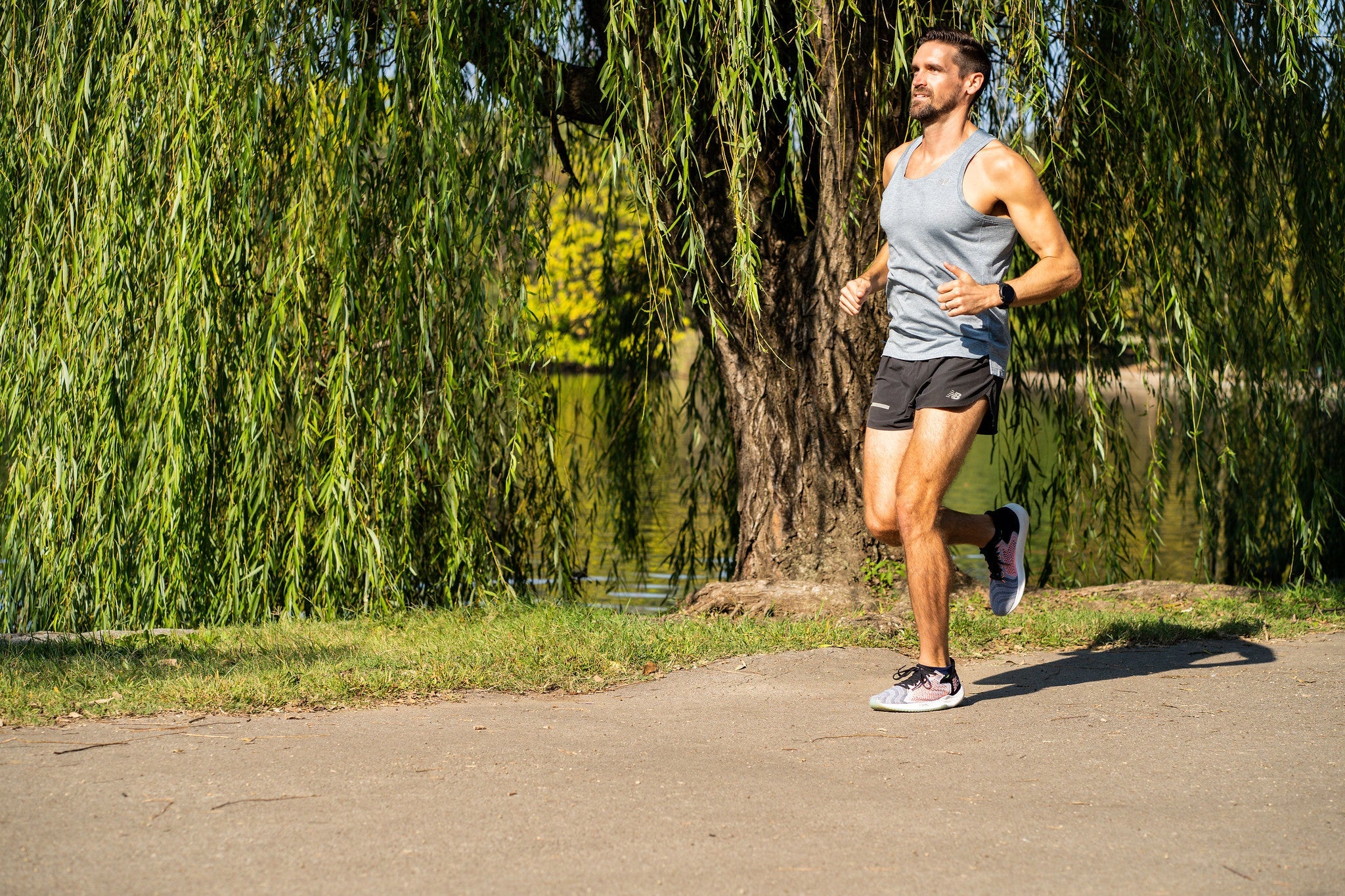Your Cart is Empty

What Exactly is Moisture Wicking?
We talk a lot about moisture wicking - it’s even part of our name. It’s an important performance wear feature, especially in socks. But what exactly is moisture wicking, and why does it matter?
When You Don’t Have Wicking
Moisture wicking technology is what differentiates your athletic socks from your standard cotton pairs. Your feet sweat during the day (or during a workout), causing moisture to collect near your feet. Non-wicking socks leave this moisture near your skin, causing dampness in your shoes and softening your skin. This can cause discomfort, foul odors, and - you guessed it - blisters. Not an ideal scenario when you’re 8 miles into a 12-mile day.
How Wicking Works
Moisture wicking prevents this problem - the fibers that make up our socks are designed to breathe and move moisture away from your feet toward the surface of the sock. The movement allows moisture to evaporate quickly instead of keeping it near your feet. This keeps your feet dry, avoids hot spots, and prevents that mushy-foot feeling. Who knew your feet need to breathe? (We did.)
Wicking Fabrics
Not all fibers are equal when it comes to wicking properties, but we offer many options that keep your feet dry all day. Our signature Olefin fiber (found in many of our collections) is specially designed for superior wicking properties, while the nylon featured in VISION is also highly efficient at wicking moisture. The high-performance polyester fibers in MAXUS are designed to wick moisture 40% better than competitor fibers. And if Merino Wool (nature’s technical fiber) is your go-to, you can find the soft, all-season fiber in our PURSUIT line. If you suffer from blisters or sore feet, upgrade your socks to technical, moisture-wicking socks and avoid cotton at all costs. Never suffer from sweaty feet again!
For sweaty adventures (or for everyday), choose moisture-wicking fibers to stay dry and comfortable.


